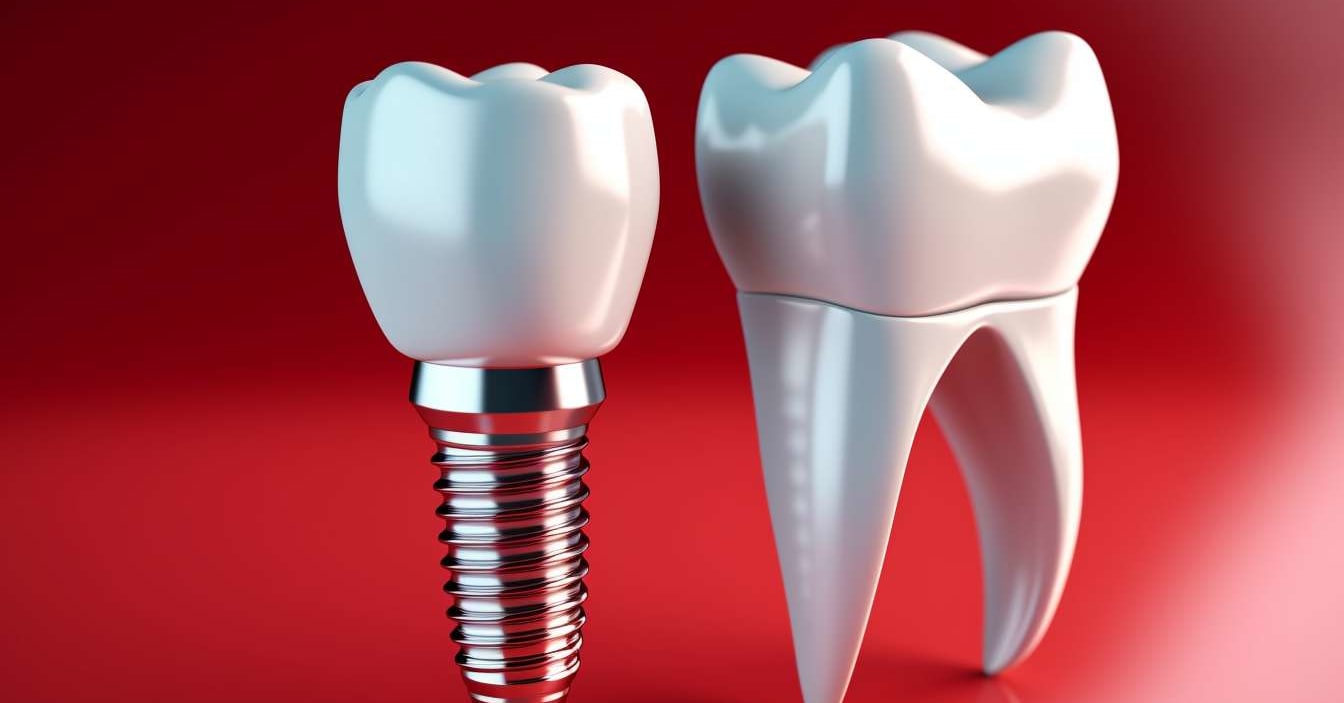Premium Dental Implants: Why Costs Vary and When They’re Worth It
Premium dental implants offer advanced materials, enhanced aesthetics, and superior durability compared to standard options. While these high-end solutions typically cost more, they may provide better long-term outcomes for patients seeking optimal oral health restoration. Understanding the factors that influence pricing and evaluating whether premium features align with your specific needs can help you make an informed decision about this significant investment in your dental health.

Dental implants have revolutionized tooth replacement, offering a permanent solution that closely mimics natural teeth. However, not all implants are created equal. The dental implant market includes various tiers of quality and sophistication, with premium options commanding higher prices due to advanced materials, superior design, and enhanced functionality.
What Makes Premium Dental Implants Different?
Premium dental implants distinguish themselves through several key factors. Advanced materials like high-grade titanium alloys or zirconia provide superior biocompatibility and strength. These implants often feature specialized surface treatments that promote faster osseointegration, the process by which the implant fuses with jawbone tissue.
Manufacturing precision also sets premium implants apart. Leading brands invest heavily in research and development, resulting in implants with optimized thread designs, precise dimensions, and consistent quality control. Additionally, premium systems typically offer extensive component options, allowing for greater customization in complex cases.
How Much Do Premium Dental Implants Cost?
The cost of premium dental implants varies significantly based on multiple factors. Geographic location, dentist expertise, and specific treatment requirements all influence pricing. Premium implant systems typically cost 20-40% more than standard options, with total treatment costs ranging from $3,000 to $6,000 per tooth.
Factors affecting cost include implant brand reputation, surgical complexity, need for additional procedures like bone grafting, and the type of restoration (crown, bridge, or denture). Urban areas generally have higher costs than rural locations, while specialists may charge more than general dentists.
| Implant System | Provider | Cost Estimation |
|---|---|---|
| Straumann ROXOLID | Various Specialists | $4,500-$6,000 |
| Nobel Biocare Replace | Oral Surgeons | $4,000-$5,500 |
| Zimmer Biomet TSV | Periodontists | $3,500-$5,000 |
| BioHorizons Laser-Lok | General Dentists | $3,200-$4,800 |
| Dentsply Sirona Astra Tech | Prosthodontists | $4,200-$5,800 |
Prices, rates, or cost estimates mentioned in this article are based on the latest available information but may change over time. Independent research is advised before making financial decisions.
Are Premium Features Worth It?
Determining whether premium features justify additional costs depends on individual circumstances. Premium implants often provide advantages in challenging cases, such as immediate placement after extraction or situations with limited bone density. The enhanced surface treatments and superior materials may contribute to higher success rates and faster healing times.
Long-term considerations also matter. Premium implants typically come with longer warranties and have extensive clinical research supporting their performance. For patients prioritizing longevity and minimal complications, the additional investment may prove worthwhile over decades of use.
How to Decide What’s Right for You
Choosing between standard and premium implants requires careful evaluation of your specific situation. Consider factors such as your overall oral health, bone quality, aesthetic requirements, and long-term expectations. Patients with complex medical histories or challenging anatomical conditions may benefit more from premium options.
Consult with qualified dental professionals who can assess your case and provide personalized recommendations. Request detailed treatment plans comparing different implant options, including projected outcomes and associated costs. Consider seeking second opinions for expensive treatments to ensure you receive appropriate care.
Insurance and Payment Options for Dental Implants
Insurance coverage for dental implants varies widely among plans. While many insurance policies consider implants elective procedures, some plans provide partial coverage, especially when implants replace teeth lost due to trauma or disease. Review your policy details carefully and contact your insurance provider to understand specific coverage limitations.
Many dental practices offer financing options to make premium implants more accessible. Payment plans, healthcare credit cards, and third-party financing companies can help spread costs over time. Some providers offer discounts for cash payments or multiple implant procedures performed simultaneously.
Flexible spending accounts (FSAs) and health savings accounts (HSAs) can also help offset implant costs using pre-tax dollars. Discuss all available payment options with your dental team to find arrangements that fit your budget while ensuring you receive appropriate care.
Premium dental implants represent a significant investment in oral health, offering advanced features that may benefit certain patients. While costs are higher than standard options, the potential for improved outcomes, enhanced aesthetics, and greater longevity may justify the additional expense for many individuals. Careful evaluation of your specific needs, thorough consultation with qualified professionals, and consideration of available financing options will help you make the most appropriate decision for your unique situation.
This article is for informational purposes only and should not be considered medical advice. Please consult a qualified healthcare professional for personalized guidance and treatment.




